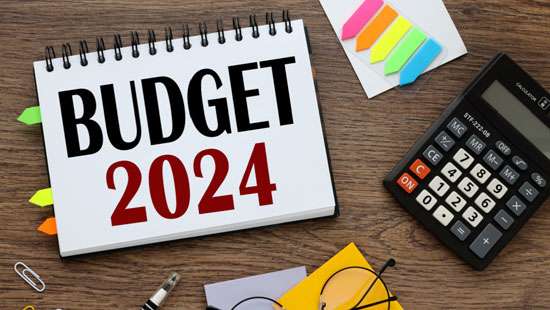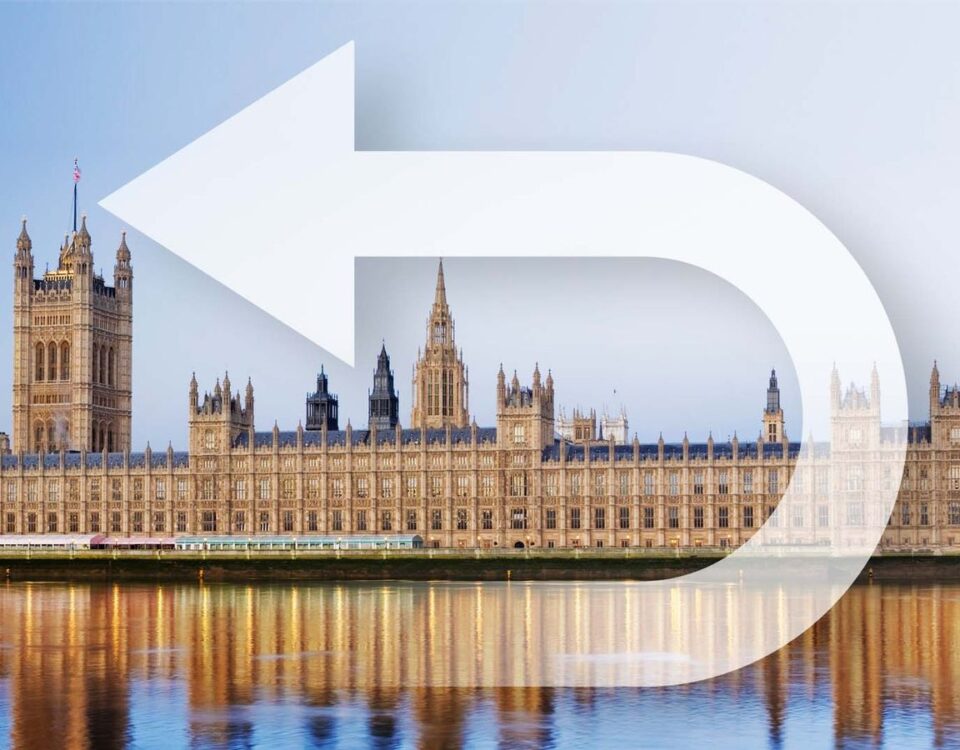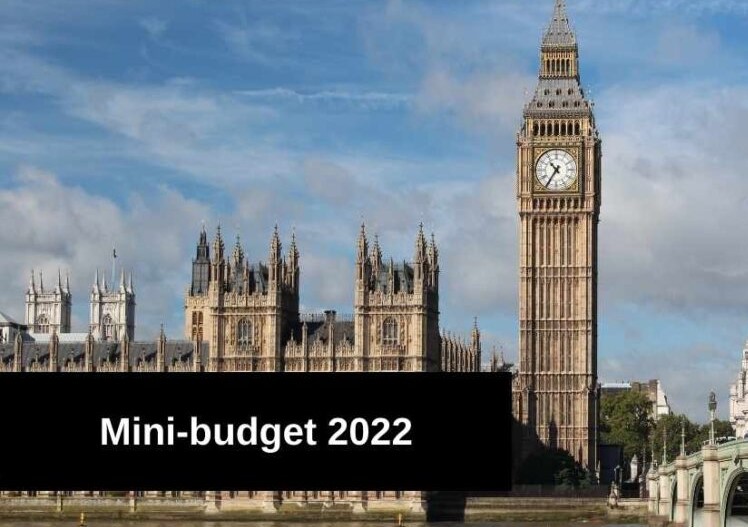VAT and the option to tax: Part 1

Supplies involving land are generally exempt from VAT as set out in group 1 in VATA 1994, Sch 9, although there are numerous exceptions. If a landowner wants to charge VAT on his supplies, they must make an election with HMRC – hence the phrase “option to tax”.
Two important rules
Here are two important principles with the option to tax rules in relation to land and buildings:
- An option to tax election is only ever done by a taxpayer in order to produce an input tax benefit that would not be otherwise available without the option.
- There is no such thing as an ‘opted property’. Each taxpayer with an interest in a property (including land as well as buildings) makes his or her own decision as to whether an option is in their best interests. So just because a client has bought a property from Owner A and been charged 20% VAT on the purchase price, this does not mean that the client must also make an option to tax election with HMRC.
Example 1
ABC Accountants Ltd has bought the freehold of offices on the high street for £300,000 + VAT. ABC will only use the premises for its trading purposes as accountants and tax advisers. In this situation, there is no need for the directors to opt to tax the property because it is wholly used for taxable purposes. Input tax can be claimed on the property purchase in the same way that the business claims input tax on its telephone bills and stationery costs.
Example 2
John has purchased a commercial property in his SIPP (Self-Invested Pension Scheme) for £500,000 + VAT, which will be rented out to tenants for an annual rent of £20,000. The starting point is that the rental income earned by John will be exempt from VAT. So there is no scope to register the SIPP for VAT and claim input tax. However, if he made an option to tax election on the building in question (complete form VAT1614A and send it to HMRC) then the rental income would be taxable and input tax recovery is now possible. This is the key principle with an option to tax election, it is always done for an input tax motive.
Transfer of a going concern
Where a commercial building is sold with a tenant in place and the seller has opted to tax the property, then the buyer will need to opt to tax the property in order for VAT to be avoided on the purchase price. This does not mean that the sale of the property is then exempt – it is still a taxable sale by the seller, but it becomes “outside the scope” of VAT as the transfer of a going concern (TOGC). In other words, the buyer is acquiring a property rental business rather than just a building.
There is good news regarding these regulations (see VAT Notice 700/9 – para 2.5 and section 6):
- If a business is partly tenanted (eg a five storey building has a tenant on one floor only and has four empty floors) then it can still be classed as a TOGC.
- The sale of the property without VAT will produce a cash flow saving for the buyer because he will not wait up to three months to claim input tax on his next VAT return.
- There is an SDLT saving for the buyer because this tax is always charged on the VAT inclusive cost of a building.
Residential property
The option to tax regulations are overridden in the case of residential property. So what happens if your client buys a property that is partly residential and partly commercial?
Example 3
Jane is buying a property for £500,000 which consists of a ground floor shop, from which she will trade as a florist and a first floor flat which she will rent out to help with her mortgage repayments. The seller has opted to tax the building. The seller should apportion the proceeds on a fair and reasonable basis so that no VAT is charged on the market value of the flat. This is exempt from VAT because their option is overridden in relation to residential property. Jane does not need to opt to tax the property because she is using it for taxable purposes, so can claim input tax as long as she is VAT registered (see VAT Notice 742A, section 3).
The 20-year rule
When you are purchasing a property subject to VAT, always ask the seller before the deal if they made their option to tax election with HMRC more than 20 years ago. If the answer is ‘yes’ there is scope for the seller to revoke their option with HMRC by completing form VAT1614J so that his income from the property becomes exempt from VAT rather than standard rated. The option to tax rules were introduced on 1 August 1989, so with each day that passes, more elections will have passed the 20 year time period.
Source: Accounting Web business news



